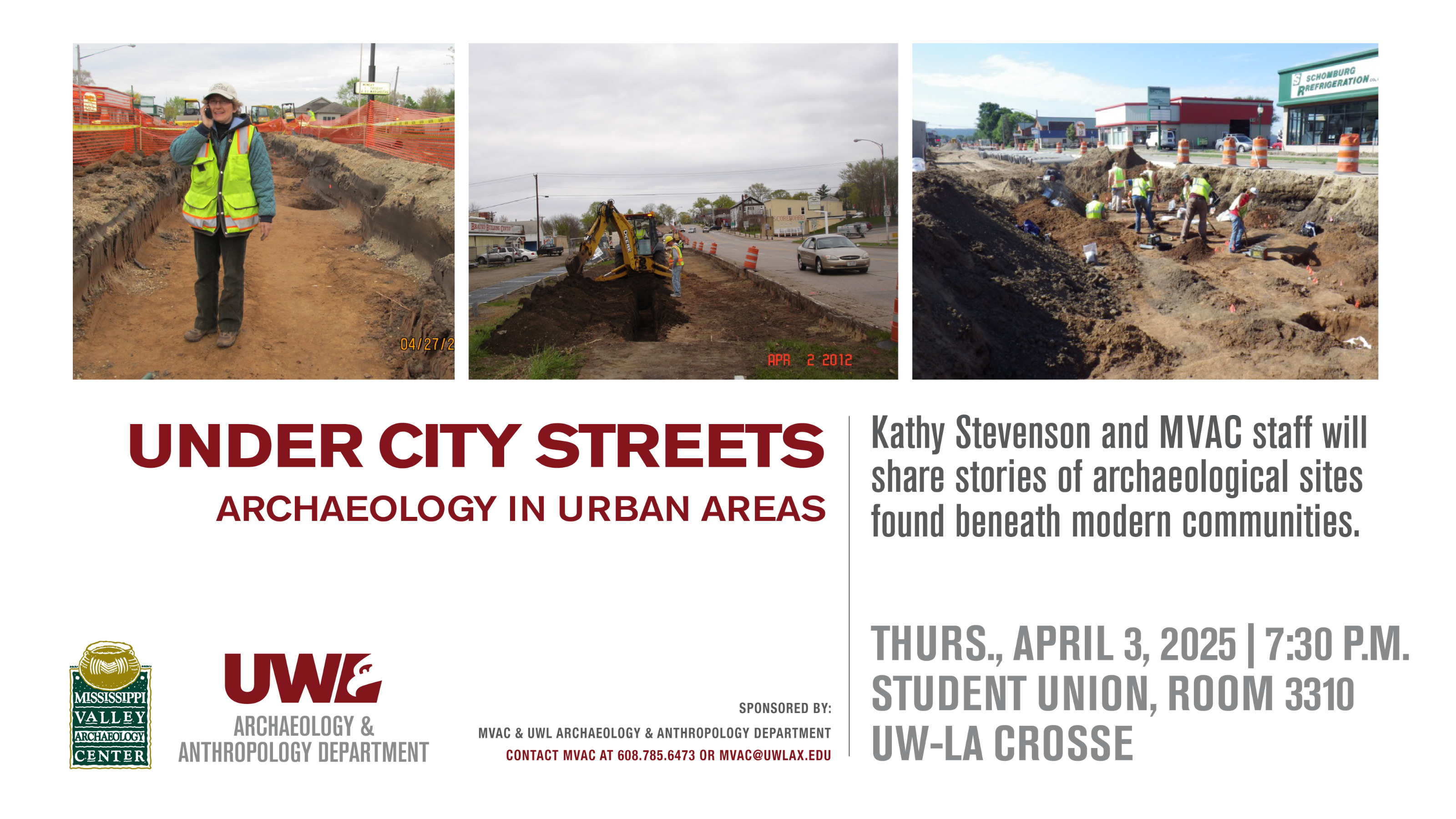History
News & events
Latest stories
 A life remembered
Retired Professor Les Crocker left a substantial impact on UWL, La Crosse history
A life remembered
Retired Professor Les Crocker left a substantial impact on UWL, La Crosse history
 La Crosse Northside narratives unveiled
October tours launched Northside Hear, Here project
La Crosse Northside narratives unveiled
October tours launched Northside Hear, Here project
 'Lived Resistance'
In new book, UWL’s Heidi Morrison explores how Palestinian youth are pushing back against oppression
'Lived Resistance'
In new book, UWL’s Heidi Morrison explores how Palestinian youth are pushing back against oppression
 Journey back in time
October tours reveal the heart of La Crosse’s Northside
Journey back in time
October tours reveal the heart of La Crosse’s Northside
Current events
Check out our College Magazine
Capstone — College of Arts, Social Sciences, & Humanities Alumni publication
Capstone is an online magazine published twice annually for alumni and friends of UWL's College of Arts, Social Sciences, & Humanities.
Submit or update your information.
Archived publications (in PDF format)
History kudos
Dean Vesperman
Kenneth Shonk
Penelope Hardy
Dean Vesperman
Gita Pai








